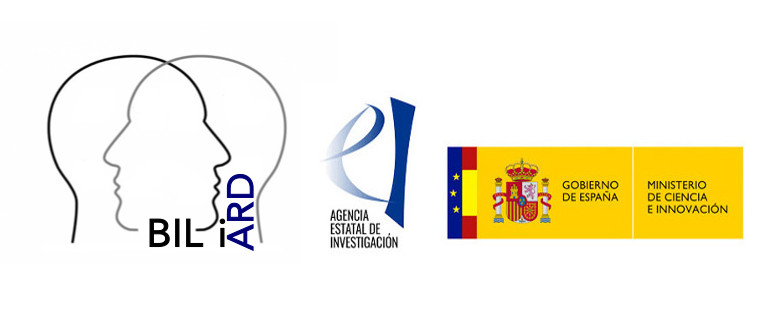
BILiARD | BILingualism In Age-Related Disorders: from cognition to neural networks
This project aims to employ a multidimensional approach encompassing various levels of explanation for the protective effects of bilingualism. This ranges from cognitive factors to neurobiological data, including the analysis of neuroimaging and disease-related biomarkers. Through this endeavor, we seek comprehensive insights by analyzing a unique dataset obtained from a substantial sample of 2,700 individuals aged between 45 and 75 years, sourced from the ALFA and ALFA+ study with older adults by a) examining the influence of bilingualism on memory and executive control; b) investigating the effects of bilingualism on the structural and metabolic characteristics of brain areas known to be influenced by bilingualism during midlife; c) exploring the cognitive and neural connections of bilingualism concerning the risk of conversion to dementia; and d) analyzing the longitudinal changes in cognitive and brain reserve.
Research team

Sergio Grueso
Laia Subirats
Ferran Prados

Gonzalo Sánchez Benavides
Oriol Grau

Press releases and newspapers
Scientific articles
Grueso, S., Sánchez-Benavides, G., Grau-Rivera, O., Santos-Santos, M., Subirats, L., Prados, F., & Calabria, M. (submitted). Bilingualism and cognition: The impact of age of acquisition, language use and proficiency in healthy older adults.
Pliatsikas, C., Antoniou, M., Duñabeitia, J. A., & Calabria, M. (2025). A Comprehensive Protocol to Study the Effects of Multilingualism on Cognition and the Brain in Patients with Progressive Neurological Diseases. MethodsX, 14, 103343. Full text

